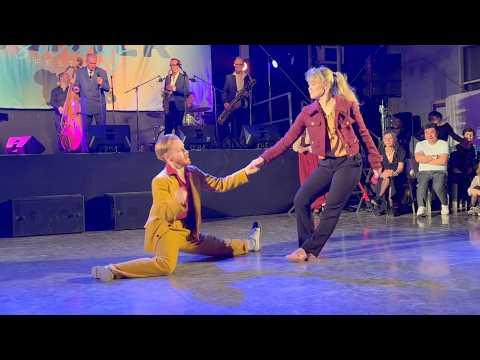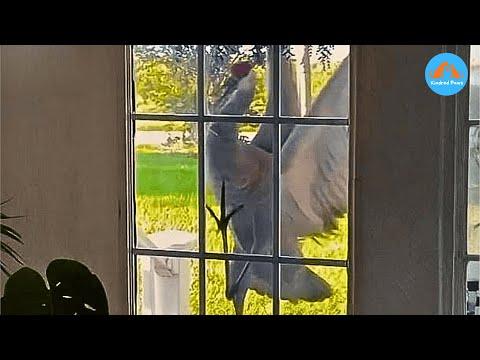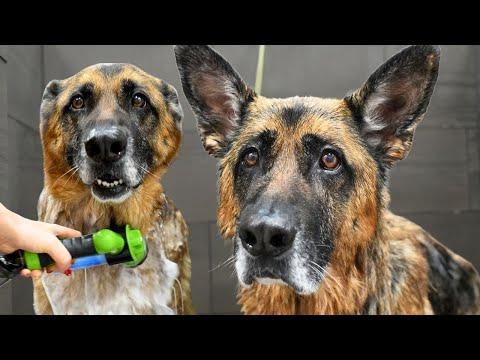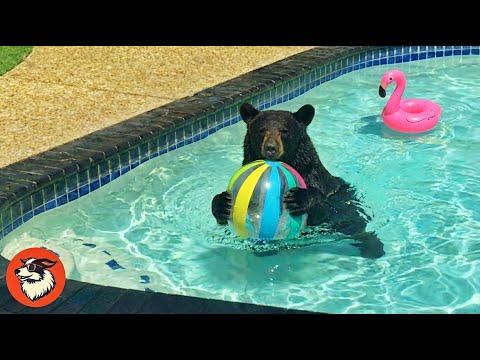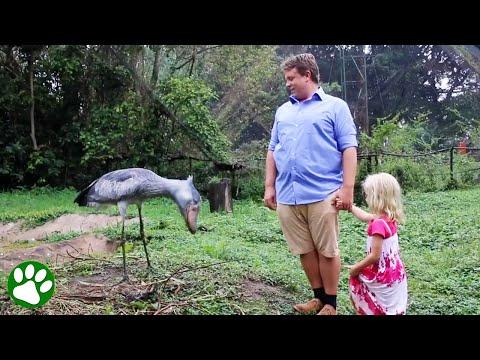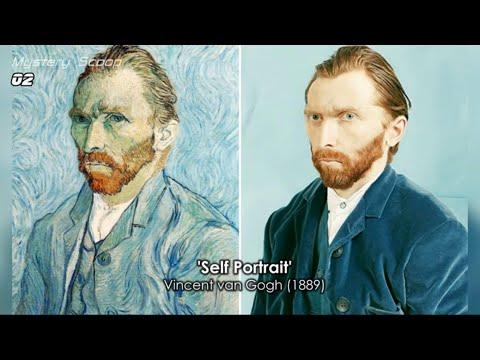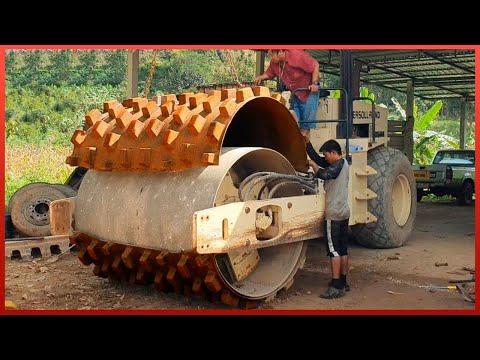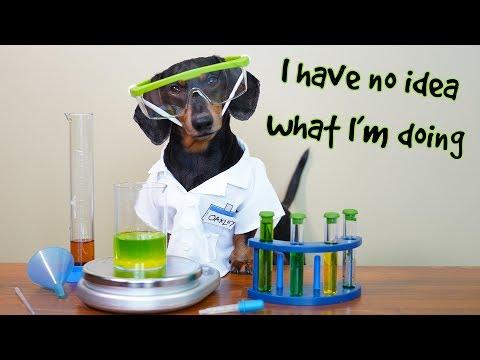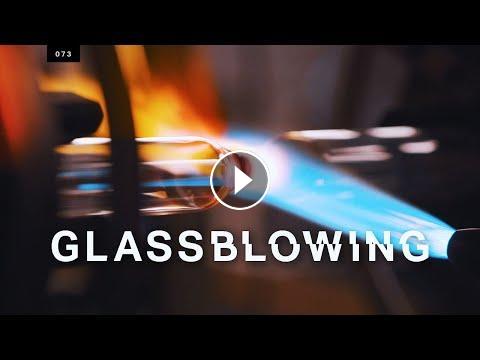Lots of modern chemistry research still relies on unique, hand-blown glass instruments. Step inside a scientific glassblowing workshop and see a third-generation glassblower in action
Video Script::
(fire whooshing) - My favorite part of my
day is when I'm actually at my bench making these
really cool pieces of glass. Pretty much the possibilities are endless. If you can think about it,
then I can make it for you. My name's Christine Roeger, and I'm a scientific glass blower here at Arizona State University. Most people that don't grow up in scientific glass blowing world don't even know scientific
glass blowing exists. I work with borosilicate
glass and quartz glass to fabricate different pieces of glass for different kinds of research. And I work with that glass
with my hands and a flame, and the flame produces
the flame temperature of about 3,000 degrees, and
that gets the glass hot enough, and then kind of just fabricate
it into what it needs to be. My customers are PhD
students in chemistry, and I get to sit down and
talk with people from all over the world, and they're doing
all sorts of cool research, and every day's a new day. (soft music) - I'll get some rod handy for you. - I actually started as, wanted to be an elementary school teacher, and when I kinda had down time
in between going to school I'd come into the shop,
'cause my dad worked here. So I would say like a
couple years into college is when I decided that I wanted to be a scientific glass blower. So I did a four year
apprenticeship program here with my dad. - It looks like this has to
be adjusted just a little bit. My father, just like myself, and Christy, we have a shop at home,
and so when my father, you know I was probably 12
or 13 and I would go out and do little things for him, you know, just cutting tubes and
cleaning up the bench, which was something I
didn't learn very well because my bench usually looks terrible. - [Christine] Pretty messy. - That was about the same
age that Christy started. You know, I would give her tubes to cut. - Then me and Jenny and Sarah
out blowing bubbles and-- - [Mike] Right yeah,
hand them the blow holes and heat up a gob of glass
and they blow up these big bubbles and break them off. - Pop. Did you ever do that with your dad? - Oh yeah, yeah. - Like when you were young? - [Mike] Yeah. - It was really great training as a glass blower with my
dad, he's very patient, and very encouraging,
he's a very good mentor. (soft music) The skill of rotating glass
takes a very long time to be able to get your hands
to move the same speed. We can't like, watch a video
and learn how to do it, you need like hands on,
somebody standing behind you, kind of in your ear reminding
you to rotate, rotate, rotate, okay, now come out of the flame, and teaching you, like that, hands on. Have to have coordination,
good manual dexterity, patience, and just have the knowledge of chemistry and physics. If I didn't have any background
in chemistry they would come in and I would have no
idea what they're talking about. (soft music) So just go ahead and light your torches. The glass blowing class that I teach is actually nicknamed burn and bleed 101. And it's kind of like, the ritual, everybody has to get their little burn, I have a bucket of ice for them because unfortunately, hot
glass and cold glass look alike. There you go, rotate it back off center, rotate, rotate. Might wanna pull off that
little bump on the bottom. So if you have a little rod. The main focus of the
class is to give students an idea of what they can do
for themselves in their lab. They can make their own test tubes and they can make their own
little round bottom flasks. So it's very cool to see
that they kinda continue it on once they're out of the class. (soft synth music) - Having a full time person available with the kind of expertise
that Christy has, is hard to find. She has a talent for being able
to take a complicated design and look at it and understand
what the critical elements are so that those are the first priorities during the glass blowing process. When it comes to understanding
the properties of the glass, she has good insight to
know how that's going to interact with the experiments
that people wanna perform. (soft music) - There's still enough work
for one glass blower in here, but definitely the work
load has gone down, 'cause when there were three of us in here full time it was when
chemistry was more physical and like the volumes
of things were bigger, so we were doing big flasks. A lot of times now they're
on like nano scale. I guess the shop really hasn't
changed very much, has it? - No it hasn't. - The world just doesn't seem to be replacing these glass blowers, and so Christy's a third
generation glass blower, and it's not clear what's
gonna happen when she retires. We don't want her to retire. - I'm so glad and thankful
that I've been able to carry on the tradition with
my dad and my grandfather. Ideally I wanted to train my oldest son to be the next apprentice in here. It would be great if we
could get another one in. - It would, it'd be nice
to go for four generations, if we could. - As of now I'm not gonna be
able to train an apprentice, so, I don't know what's gonna happen when I do retire, when I move on. It would have been really cool to be able to carry on that tradition.
- Category
- Variety
- Tags
- glassblowing, glassblowers, glass blowers, science glass, chemistry glass, chemistry equipment, how to glassblow, how to, how, glassblowing 101, chemistry, biology, modern chemistry, workshop, glassblowing workshop, lab equipment, science equipment, burn and bleed, burn and bleed 101, science, facts, science experiments, experiment, physics, universe, education, verge science, the verge, vox, seeker, dr stone, stone, anime







